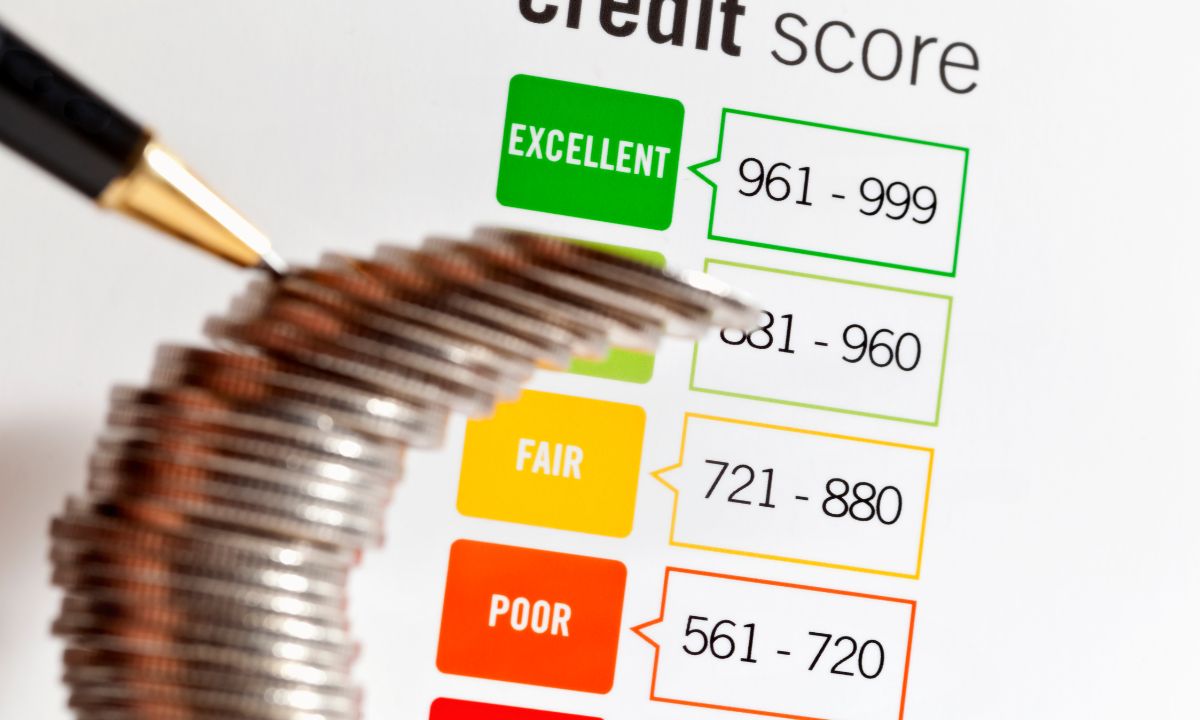 If you’re thinking about buying a new home next year, there’s one important factor to consider before you start browsing listings—your credit score. A strong credit score can make a huge difference in the interest rates you will qualify for and can also determine your mortgage approval. Starting the process of improving your credit now gives you a head start, putting you in a better position to achieve your homeownership goals when the time comes.
If you’re thinking about buying a new home next year, there’s one important factor to consider before you start browsing listings—your credit score. A strong credit score can make a huge difference in the interest rates you will qualify for and can also determine your mortgage approval. Starting the process of improving your credit now gives you a head start, putting you in a better position to achieve your homeownership goals when the time comes.
Here are five steps to help you get started:
1. Check Your Credit Report
Before anything else, it’s essential to know where you stand. Request a copy of your credit report from the major credit bureaus. This will allow you to review your current score, see if there are any inaccuracies, and understand what areas need improvement. If you find any errors, dispute them immediately to avoid negative impacts on your score.
2. Pay Down Debt
The amount of debt you carry compared to your total credit limits is one of the most significant factors affecting your credit score. Begin by paying down your highest-interest debts first while making consistent payments on the rest. Reducing your credit utilization rate to below 30% can boost your score significantly over time.
3. Avoid New Credit Lines
Opening new lines of credit right before applying for a mortgage can raise red flags for lenders. Each new account can lower your average account age, which impacts your score. Focus on managing your existing accounts responsibly rather than seeking new credit.
4. Set Up Automatic Payments
Late or missed payments can hurt your credit score and are recorded for up to seven years. Setting up automatic payments ensures you’re never late on bills, which will help build a strong, consistent payment history. This habit can steadily improve your score and show lenders you’re a responsible borrower.
5. Stay Patient and Consistent
Improving your credit score is a gradual process, so the sooner you start, the better. Even small, consistent actions over the next several months will help you make significant progress. The goal is to have your credit in top shape by the time you’re ready to apply for a mortgage.
Why Good Credit Matters for Your Mortgage
A higher credit score can not only help you get approved for a mortgage but also potentially save you thousands of dollars over the life of your loan. Lenders use your score to gauge the risk of lending to you, and a better score usually means lower interest rates and more favorable loan terms.
Conclusion
If a new home is on your radar for next year, preparing your finances now can make a world of difference. Take the time to check and improve your credit score today. Your future self will thank you when you’re settling into your dream home with a manageable mortgage.
 Knowing the difference between a hard inquiry vs soft inquiry can help you maintain a good credit score. Here’s what you need to know.
Knowing the difference between a hard inquiry vs soft inquiry can help you maintain a good credit score. Here’s what you need to know.